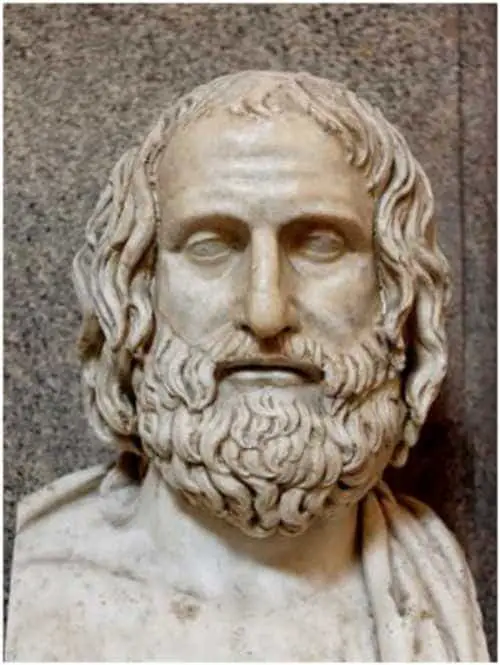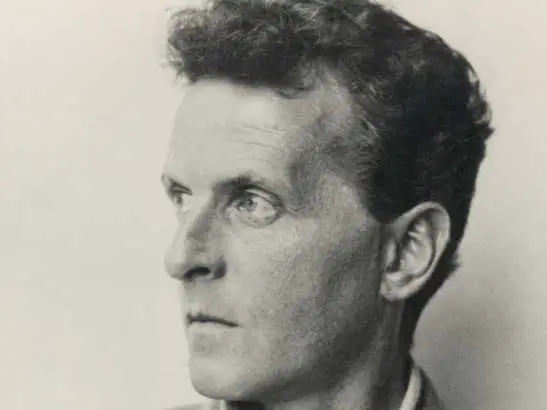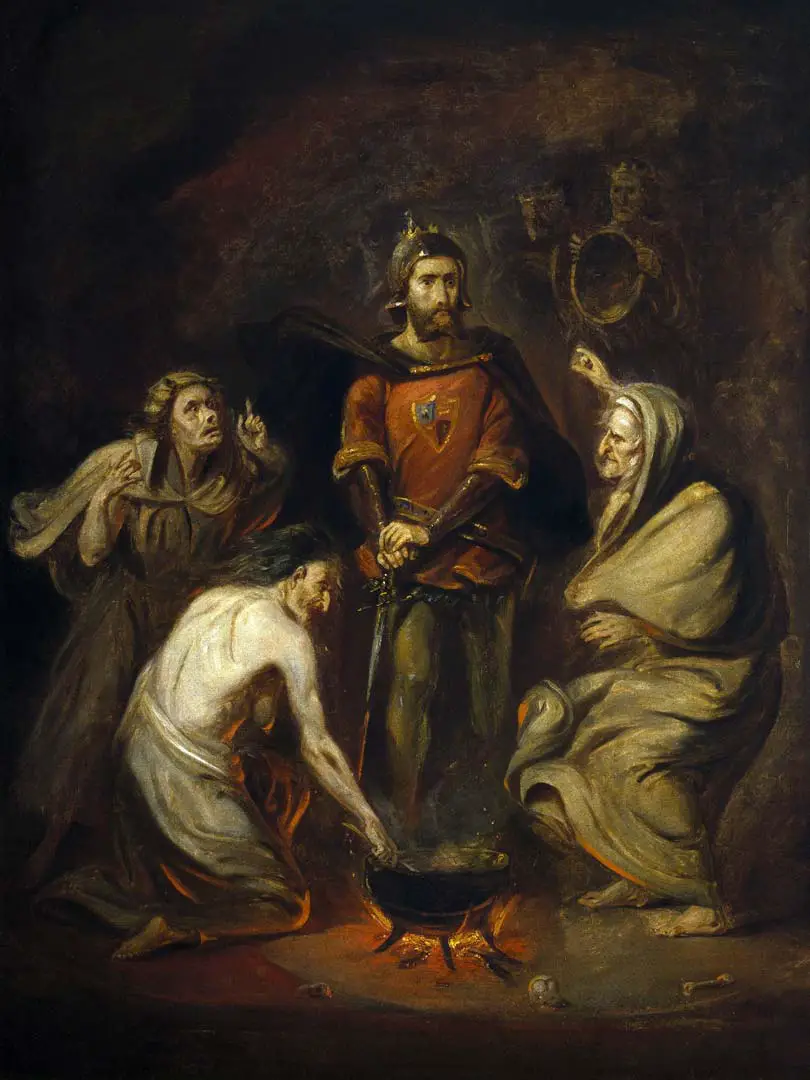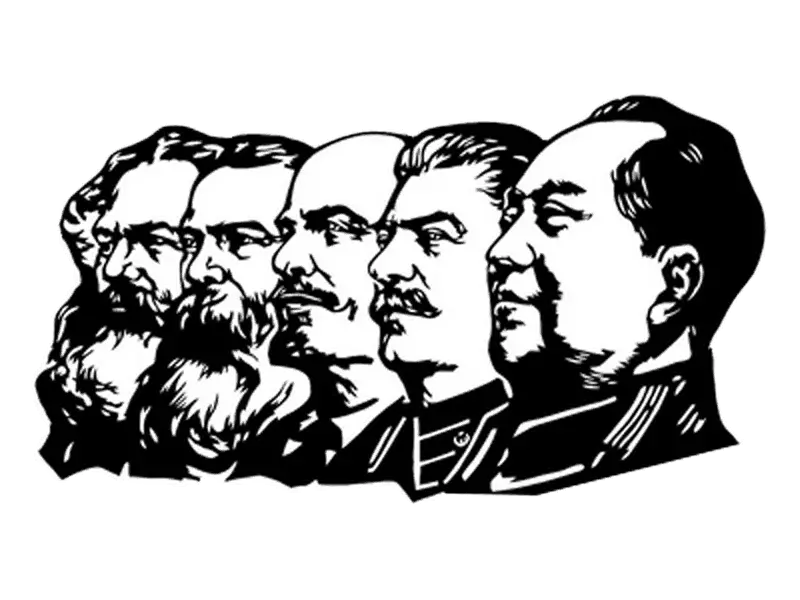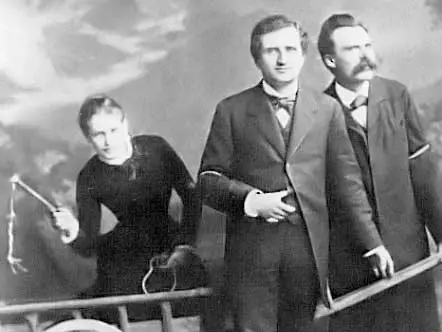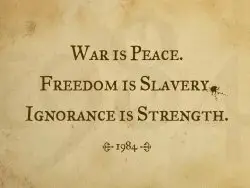Foucault’s discourse analysis
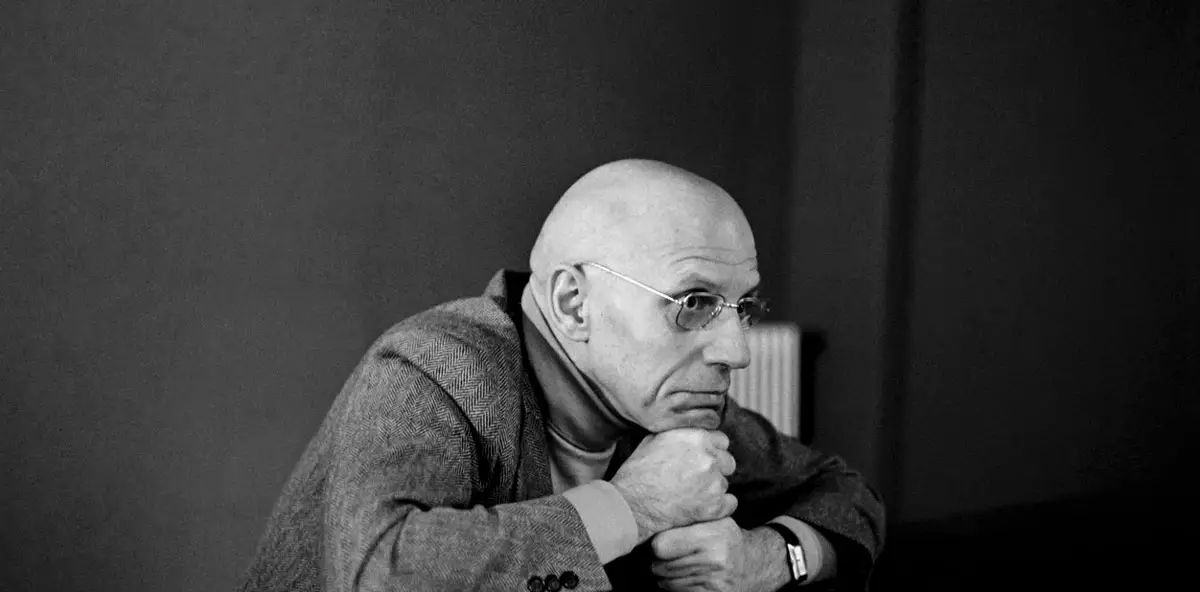
Almost every subject in humanities at university level currently devotes a module on discourse analysis – which invariably will feature Foucault. There is a good reason for this, because Foucault’s discourse not only predates most other theorists, such as Laclau and Mouffe, and is therefore a better starting point; but also because in many ways it is more versatile and broadly applicable.
Discourse – discours – is not merely a subject of study. For Foucault, it is central to our understanding of human interaction and interrelations. It is therefore of great value to devote some time to learning about Foucaultian discourse analysis, even if in many ways we may disagree with it. At the very least, it sets a scene for our investigative work on human relations.
At the outset, discourse is a set of ideas, values and practices (in the broadest sense possible) inherited and reproduced by a society. It is the foundation through which meaning of various social affairs is derived. The way we, for example, understand homosexuality is undoubtedly different from other epochs and other places – independent of whether we approve or disapprove of it. Foucault terms the way meaning is derived ‘discours’. This is the elementary function of discourse: it is a system through which we attribute meaning to various social relations.
Of course, Foucault goes further than the elementary function. Next to meaning, discourse is also a ‘place’ where knowledge is produced. Just as the meaning of homosexuality is different depending on the epoch, tied to this is our knowledge of homosexuality. I should be very clear that it is not simply or only knowledge of homosexuality that leads to different kinds of meaning, but also that the meaning produces different kinds of knowledge.
This relationship between knowledge and meaning is at the centre of Foucaultian discourse analysis: knowledge (what I would call the limits or contours on knowledge) is the fabric through which the relations between individuals is structured. This also means that disagreement on meaning, or more popularly political disagreements, are within the contours on knowledge and not wholly outside of them. Discourse is a shared (what Foucault calls intersubjective) experience and all relations that follow are understood to fall into the paradigm of discourse. It is for this reason that Foucaultian discourse analysis deems discourse a ‘social fact’.
One key difficulty that we face is that inheriting a particular set of ideas, values and practices – being born into a society – can bring with it a sense of dread and nihilism. For Foucault, this would be an anomaly. Precisely because there remains an interaction between knowledge and meaning, there always remain endless possibilities and new beginnings. There is, therefore, no set social order (communism or capitalism), nor set power relations (democracy or tyranny); quite the opposite, the very notion of power becomes misnomer because all power is always relational and subject to the knowledge and meaning that is derived from our contemporary epoch – discourse.
In Foucault’s middle period – particularly in Archaeology of Knowledge – Foucault identifies power relations more rigidly than in his later work. The early work considers power relations as a set of rules or a set of values that define what is legitimate knowledge or a ‘true’ state of affairs within a particular discourse. They set a framework through which knowledge arises and within which kinds of knowledge become possible. It could be said that the early Foucault considers discourse to be ‘ahistorical’; and the promulgation of a particular discourse only reinforces and further strengthens the knowledge and meaning of the set of rules and set of values.
The latter Foucault – particularly in Discipline and Punish – is less rigid. Discourse is not as clearly tied to a historical epoch (Foucault calls these episteme), and is instead more fluid.1 There is greater emphasis on production of knowledge and meaning through power relations and not from particular sources of power. While what is legitimate knowledge or a ‘true’ state of affairs remains within particular discourse, this discourse is not seen as ahistorical and is understood as a creation from within the social relations of power.
To avoid any misunderstanding, the differences between middle and later Foucault are minimal. Foucault is still interested in systemic injustices, institutions that reinforce these injustices, and unmasking or showing how these kinds of injustices continue or can resurface. What seems to be of importance is that discourse gains a more productive or positive role: where the middle Foucault speaks of masking of power relations or hiding of political intentions, the latter Foucault resorts to productive aspects of power:
We must cease once and for all to describe the effects of power in negative terms: it ‘excludes’, it ‘represses’, it ‘censors’, it ‘abstracts’, it ‘masks’, it ‘conceals’. In fact, power produces; it produces reality; it produces domains of objects and rituals of truth. The individual and the knowledge that may be gained of him belong to this production.
Discipline and Punish, p. 194
Independent of the variant, discourse normalises and homogenises individuals. It takes away from them their authenticity.2 Because at its core discourse is a set of ideas, values and practices through which knowledge and meaning are discerned, it should become clear why any deviation from the ‘accepted’ discourse is shunned.
And ultimately this is the goal of Foucaultian discourse analysis: to discern which set of ideas, values and practices have created techniques of controlling our thinking and our behaviour. Discourse analysis seeks to unravel how knowledge and meaning of particular issues have come to be dominant, how they have entered the domain of accepted and unquestionable truths, and in which ways they exclude and oppress. It is true, and unfortunate to a degree, that most discourse analysis is applied to minorities; however, it should be clear that for Foucault nearly all individuals are in scope for exclusion and oppression.
Suggested reading
Foucault, M. (1972). Archaeology of Knowledge and the Discourse of Language. (A. M. Sheridan Smith trans.), New York: Pantheon Books.
Foucault, M. (1982). ‘The Order of Discourse’ in Untying the Text: A Post-Structuralist Reader, R Young (ed.) London: Routledge.
Foucault, M. (1995). Discipline and Punish: The Birth of the Prison, (A. Sheridan trans.), New York: Vintage Books.
- In some sense, Foucault is closer to the psychoanalytic tradition in his later work and focuses more on intersubjectivity rather than social structures. I want to say that he becomes better acquainted with Lacan, but something tells me that it is in fact Deleuze and Guattari that influence him. I am unfortunately not very familiar with the latter’s work to be conclusive on this.
- Despite their overt disagreement, Foucault and Sartre share an overarching goal of seeking authentic experience. After 15 years in the field, I am still looking for a good book that explores this thematic in more details between these two authors. Recommendations are welcome.
